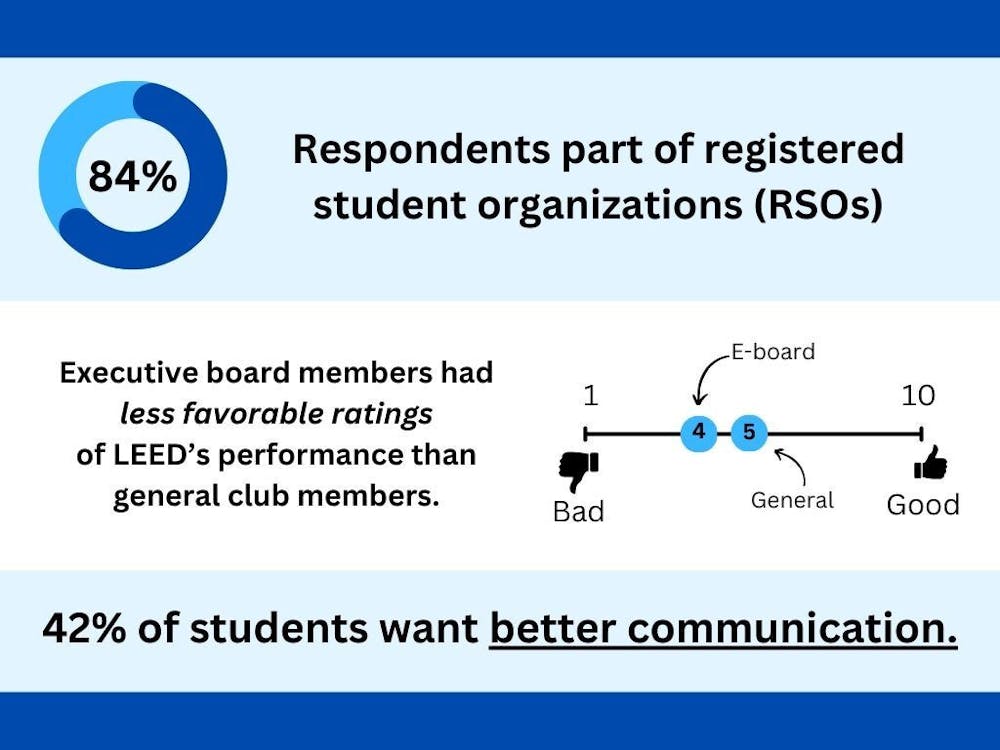The U.S. Department of Agriculture (USDA) has issued the University an “Official Warning” for allegedly violating the Animal Welfare Act for its treatment of primate test subjects. The USDA had originally reported a detailed description of Hopkins’ repeated violations of animal care in October 2015, attempting to enforce animal rights regulations in research laboratories.
Stop Animal Exploitation Now (SAEN), which obtained the document on March 18, has filed this complaint with the USDA. SAEN, an activist animal rights organization, was founded to end animal abuse in laboratory experiments.
In 2001, SAEN filed with the USDA the largest Official Complaint in history, which uncovered animal abuses in many nationally known laboratories including at Hopkins, UCLA, MIT, Stanford, Yale and Harvard, among dozens of others.
The complaint alleges inadequate veterinary care and failure to provide legally mandated environmental enhancements for primates used for testing in laboratories. The report does not mention the specific affiliated research laboratory in question.
Hopkins research laboratories were cited by the USDA for violations including evidence of monkeys with sustained injuries, including severe hair loss. In the official report, some primates are listed with severe generalized alopecia. An Inspection Report filed for a routine inspection of Research Animal Resources at Johns Hopkins Medicine details how each primate has been affected.
“Eight Primates... were noted to have significant hair loss at the time of inspection,” the report stated. “The underlying skin in these areas is pigmented, typical for the species but several also had redness of the skin.”
Primate 72X in particular had suffered both physical wounds and hair loss, but was not given adequate treatment for either condition.
“The record showed no workup for hair loss. In the past year, the animal had a wound (4/16/15), gave birth (6/15/15)... the animal was noted to be hypoalbuminemic with severe Generalized alopecia and diarrhea but no treatment plan was noted for the decreased albumin or the hair loss,” the report stated.
Even when the manager acknowledged the hair loss of the primates, there was no movement towards providing care or medication for the animal.
“As indicated by the manager’s comments, hair loss in primates can result from multiple causes. Evaluation by a veterinarian is necessary to determine the most likely cause and develop an appropriate diagnostic and treatment plan,” the report stated. “Failure to address abnormal conditions can result in worsening of the condition and unnecessary suffering.”
The USDA Official Warning mentions three specific misdemeanors regarding the improper care of animals, but the tally is not meant to be an all-inclusive list. The first misdemeanor concerns evidence against proper veterinary care and a violation of section 2.40(b)(2) of the Code of Federal Regulations.
“Each dealer or exhibitor shall establish and maintain programs of adequate veterinary care that include: the use of appropriate methods to prevent, control, diagnose, and treat diseases and injuries, and the availability of emergency, weekend, and holiday care,” the warning stated.
The second violation pertained to the proper handling of the animals and was filed as a violation under the Miscellaneous category section 2.38(f)(1).
“Handling of all animals shall be done as expeditiously and carefully as possible in a manner that does not cause trauma, overheating, excessive cooling, behavioral stress, physical harm, or unnecessary discomfort,” it reads.
The third violation regarded proper primary enclosures for the animals under section 3.80(a)(2)(ii). It said that these animal cages should be constructed so that they protect primates from injuring themselves.
According to the SAEN report, at least one primate used as a research subject was so stressed from poor treatment that it had ripped all of its hair out. SAEN calls this mild penalty issued by the USDA an unsuitable punishment for their disregard for animal well-being.
“The negligence which allows primates to become so psychologically deranged as to have ripped out all of their hair deserved a meaningful penalty,” SAEN Executive Director Michael A. Budkie said. “This is nothing more than a paper slap on the wrist. Johns Hopkins is ignoring the fact that these monkeys have essentially lost their minds.”
Under the law, it is the University’s responsibility to ensure that its faculty, animals and property are in compliance with USDA Animal Welfare regulations. SAEN has sought a federal fine against the University for these violations of animal rights.
Students reacted negatively upon hearing how Hopkins allegedly mistreated primates. Freshman Sarina Redzinski said she is disappointed in its treatment of primates.
“I think it’s horrible that our school would allow such a thing,” she said. “I love Johns Hopkins, and I love being a student here, but I most definitely do not think this is okay.”
Freshman Chris Mejia added that using animals as test subjects in laboratories does not make it acceptable for them to be treated poorly.
“Hopkins should not neglect the care of its test subjects. I know they’re being used in research, but that does not mean that they can be treated as disposable objects,” he said. “They are creatures that can also feel pain and suffer from many conditions that affect humans as well. Hopkins should put an end to this type of abuse and ensure that it does not happen again.”
Correction: The article mistakenly stated that another complaint was filed on March 18. SAEN received the document on that date, and a new complaint was not filed then.
















Please note All comments are eligible for publication in The News-Letter.